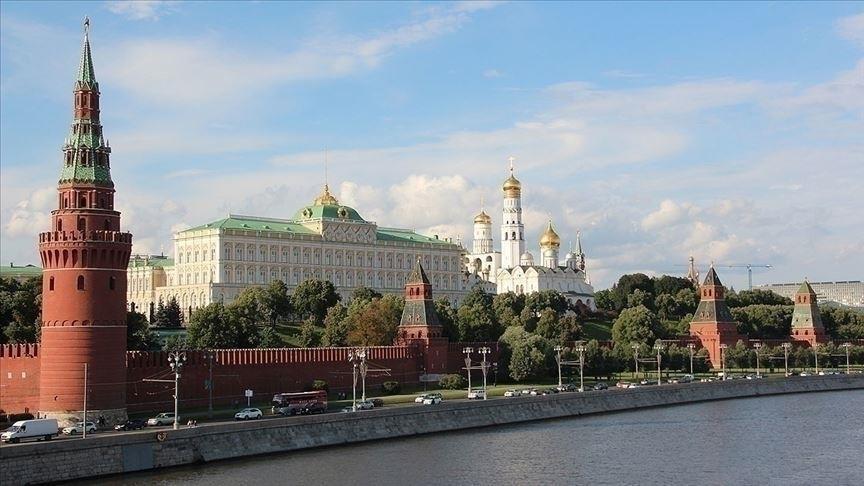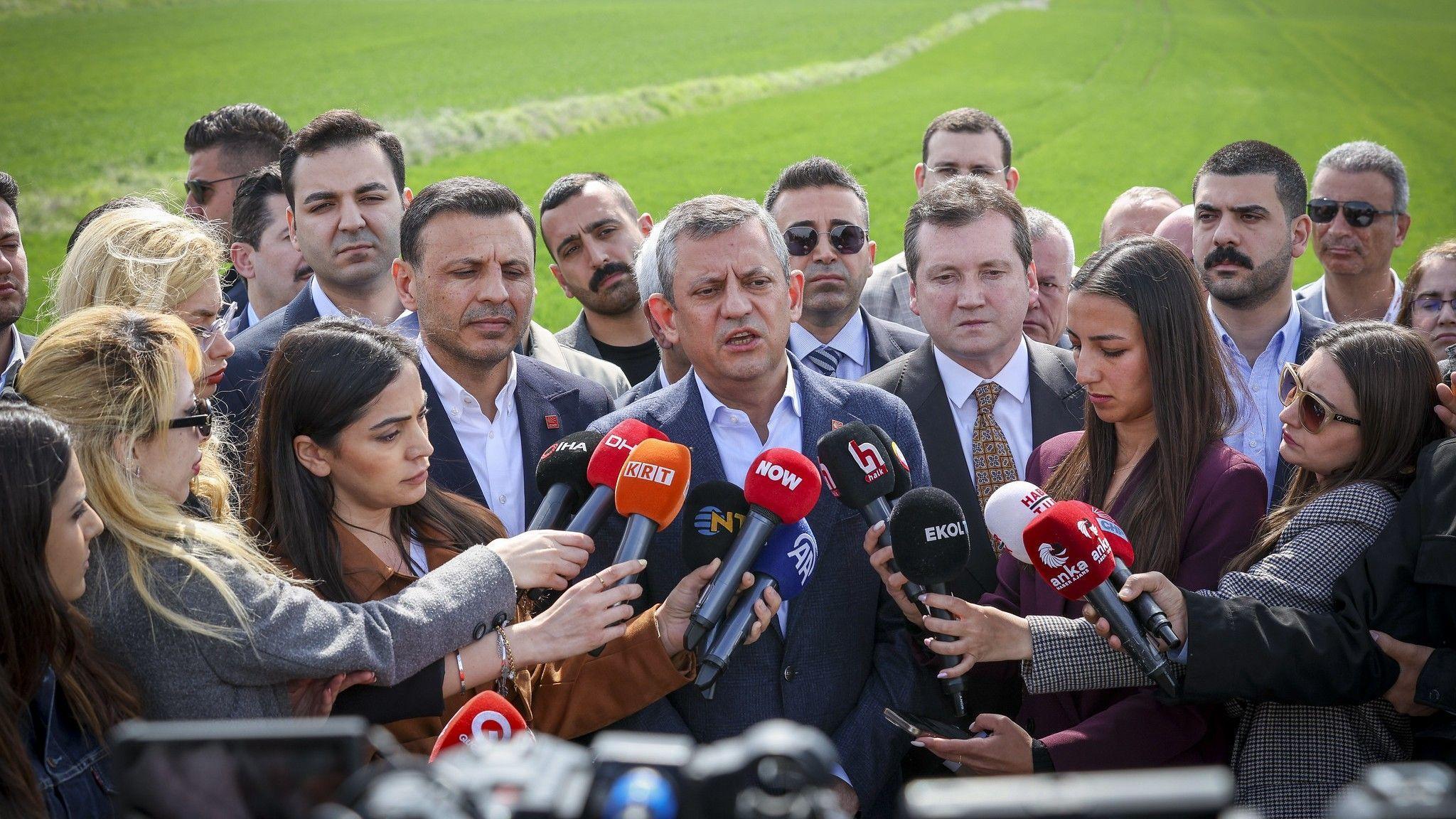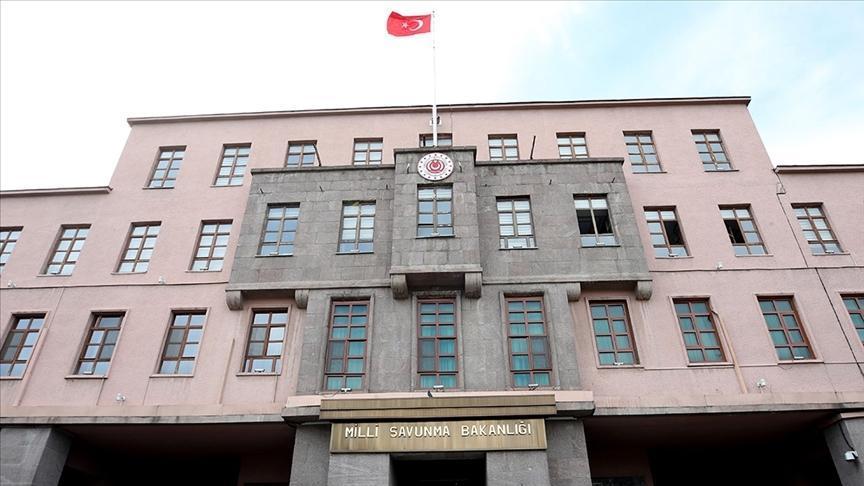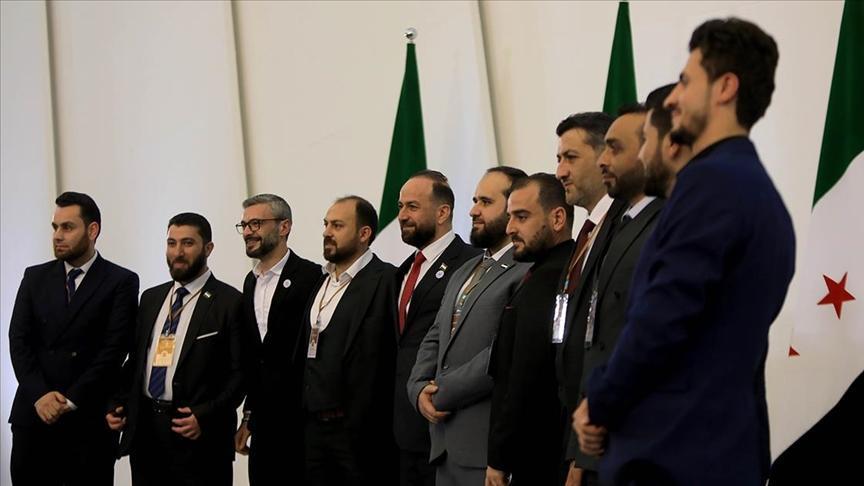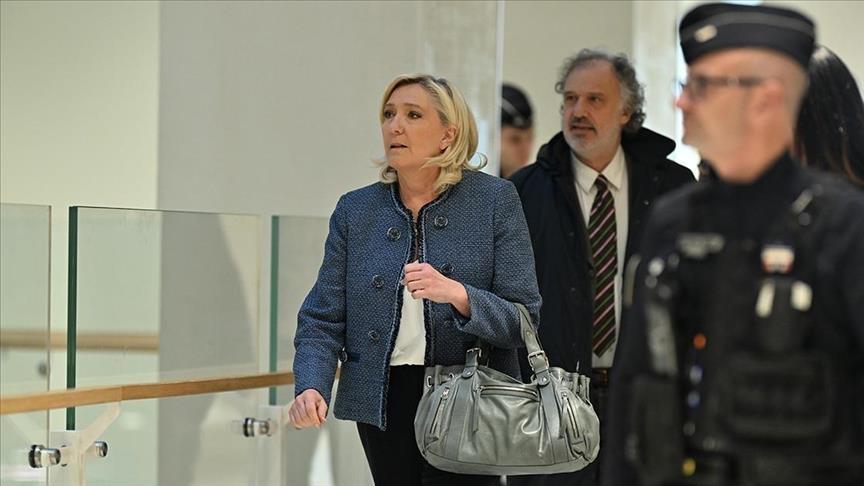Austria death truck suspects held, second vehicle found
KECSKEMT, Hungary - Agence France-Presse
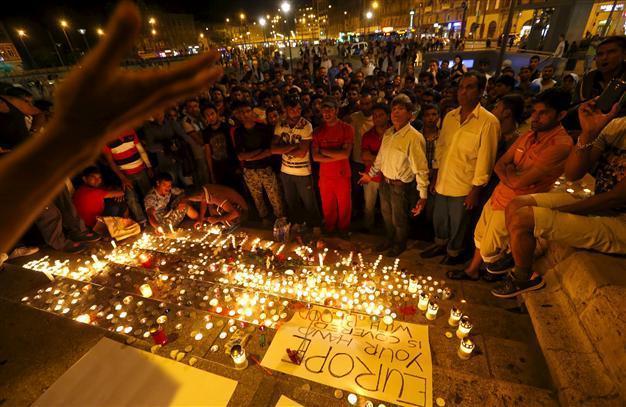
Migrants attend a candle light ceremony at a Budapest railway station in memory of 71 refugees who died in a truck found in Austria, in Budapest, Hungary August 28, 2015. Reuters Photo
Four suspects in Austria's migrant truck tragedy were remanded in custody in Hungary on Aug. 29, as Austrian police rescued three "severely dehydrated" refugee children packed into another vehicle.Hungary, where the death truck with 71 corpses originated, said meanwhile that it has completed a razor-wire barrier along its 175-kilometre (110-mile) frontier with Serbia in an effort to prevent thousands of migrants entering the EU country.
The young children in the newest Austrian case were hospitalised after a van with 26 Syrians, Bangladeshis and Afghans was pulled over by police early on Aug. 28 after a short chase near the German border.
"If the journey had continued the situation could probably have become critical," a police spokesman told AFP. Another spokesman said that the two five-year-old girls and one six-year-old boy were in "stable" condition in hospital on Aug. 29.
The incident came a day after the decomposing bodies of 59 men, eight women and four children were found in an abandoned truck on a motorway in eastern Austria near the Hungarian border, provoking international revulsion.
The tragic discovery highlighted the dangers faced by people fleeing conflict and hardship in the Middle East and Africa even once they reach Europe, with many putting their fate in the hands of profit-hungry people smugglers.
Saying he was "horrified and heartbroken" by the gruesome discovery and by a new Mediterranean shipwreck off Libya claiming at least 111 lives, UN Secretary General Ban Ki-moon said on Aug. 28 it was high time for concerted action to tackle the crisis.
Libyan rescue workers said Saturday that "dozens" of people were still missing after a boat carrying around 400 would-be migrants sank off the country's western shores on Aug. 27. A total of 198 people have been rescued.
The United Nations estimates 300,000 people have fled conflict and hardship in the Middle East and Africa for a better life in Europe this year. Some 2,500 have died in the attempt, mostly in the Mediterranean.
"My little sister, someone climbed on her back and pushed her down. When I saw her for the last time, she was underwater with him on top of her," Pakistani Shefaz Hamza, 17, a survivor who also lost his mother in the latest tragedy, told AFP in Libya.
In Hungary, three Bulgarians and one Afghan arrested over the Austrian horror story were remanded in custody on Aug. 29 until September 29 in Kecskemet, a town near the Serbian border where the truck is thought to have picked up its passengers.
Police believe them to be low-ranking members of one of the numerous, unscrupulous human trafficking gangs that transport thousands of migrants coming to Europe -- in return for sometimes exorbitant amounts of money.
The three Bulgarians aged 29, 30, 50 and the 28-year-old Afghan on Saturday insisted on their innocence.
The discovery in Austria was a rare occurrence on European soil, when so many migrants have died at sea.
Police said the victims may have been dead for up to two days.
But as illustrated by the latest case with the three children, such a tragedy was only a matter of time as tens of thousands of people seek to make it north from Greece, Italy and Hungary to places like Germany and Sweden.
Hungary for one is having difficulty coping with the crisis, intercepting more than 140,000 migrants so far this year, including some 10,000 in the past week alone.
The new border barrier consisting of three rolls of razor wire is failing to prevent people already hardened by a treacherous journey getting across, AFP saw in a recent visit.
But a four-metre-high (13-foot) fence is to follow, which will "also provide a defence against illegal border-crossers," the defence ministry said.
An AFP reporter on the Greece-Macedonia border said migrants were continuing on Aug. 29 to cross in groups of 50.
One of them, Ali Younes, a 65-year-old from Baghdad, sold his home in Baghdad to pay a smuggler to reach Turkey through Syria. He risked his life in an inflatable boat to get to the Greek island of Samos from Turkey.
"I lived through everything: the Iran-Iraq war, the invasion of Kuwait, the sanctions period, the US occupation, the sectarian war, and now Daesh," he told AFP, referring to the Islamic State of Iraq and the Levant (ISIL) extremist group that has seized chunks of Iraq and Syria.
Meanwhile in Germany, hich expects to absorb 800,000 asylum seekers this year, between 2,000 and 4,000 people demonstrated in the eastern city of Dresden on Aug. 29 in solidarity with refugees.
"Say it loud, say it clear, refugees are welcome here," they chanted. A poll by broadcaster ZDF showed 60 percent of Germans agreed with Merkel that Europe's biggest economy can accommodate the new arrivals.


